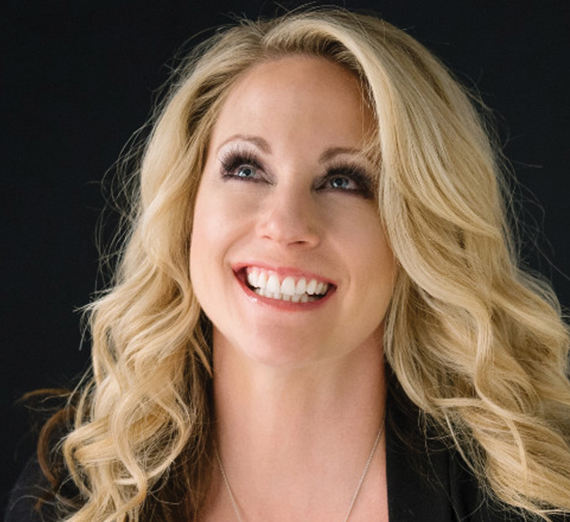Responding to ALS and Expanding Accessibility

Remember the popular fundraiser – the ice bucket challenge – that raised over $220 million in 2014 for ALS, also known as Lou Gehrig’s disease?
A mere six months after that viral activity, Theresa Whitlock (’19 M.A., Organizational Leadership) sat next to her boyfriend of a few months, Matt Wild, as a doctor delivered a shocking diagnosis. Matt, a 41-year-old Marine veteran, had amyotrophic lateral sclerosis (ALS), a progressive neurodegenerative disease that affects nerve cells in the brain and spinal cord.
The next couple of months went by in a blur: The couple married, Theresa remodeled her house in Coeur d’Alene so Matt could move in with her and her three kids, and she earned her bachelor’s degree in communications from Lewis-Clark State College. Seven months after the diagnosis, Matt was fully wheelchair bound and Theresa became a full-time caretaker.
Medical research is extending the lives of ALS patients with medications, but, Whitlock-Wild says: “We should be pushing to increase quality of life, whatever that looks like, for that family. If we’re going to have patients live longer, then they’re going to need the resources for the whole family to have a high-quality life.”
Calling on the help of those around her, and selling $1 bracelets at coffee shops, Whitlock-Wild gradually built what would become Matt’s Place Foundation, an organization that has provided more than $3 million in financial assistance for those affected by ALS.
These 3-bed, 2.5-bath smarthomes are free for individuals or families, with hopes that removing the cost-of-living barrier will help the families be able to pay for other expenses, like caretakers, medical bills or vacations.
These homes use technology to ensure tenants with ALS can control their environment with whatever means they have, including a smart hub, voice assistant, and a variety of switches and environmental controls such as blinds, thermostat, lights, doors, security cameras, gates, televisions, tablets and PCs. No matter how the disease affects people, they can utilize technology to maintain independence, communicate, and hopefully adapt to the challenges until a cure is discovered.
Following her graduation from GU’s School of Leadership Studies, Whitlock-Wild joined the board for the Steve Gleason Institute for Neuroscience and began working parttime reconstructing its Adaptive Technology Center at WSU’s Spokane medical campus.
“My focus was always merely on what I could do for the patient, without looking at the larger situation of the burden that’s occurring on the individual or the family, or the choices they need to make,” says Ken Isaacs, director of the Gleason Institute for Neuroscience. “Theresa has been very insightful in the impact such a diagnosis has on the caregiver and the whole family.”
Recently, the foundation has begun making YouTube videos for families who need to make their homes more accessible. Using what she’s learned from her personal experiences, Whitlock-Wild’s videos include information on making renovations and working with contractors who aren’t as knowledgeable about what it means for a space to be fully accessible or the true needs of a person with ALS and their caregiver.
Since its formation in 2015, Matt’s Place Foundation has run on donations and volunteer efforts. Whitlock-Wild hopes to receive grant funding to hire two full-time employees to grow the nonprofit’s reach. Donations are welcomed and appreciated for funding the foundation’s mission at mattsplacefoundation.org.
Learn about the organizational leadership degree Whitlock-Wild completed, and other options from the School of Leadership Studies.
